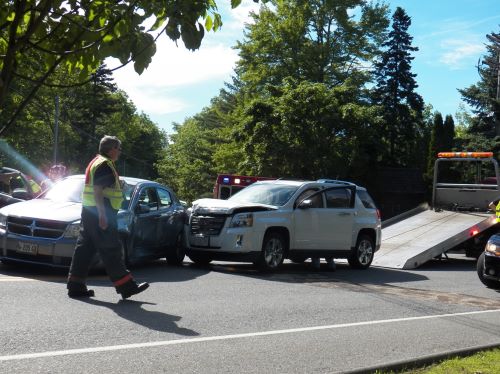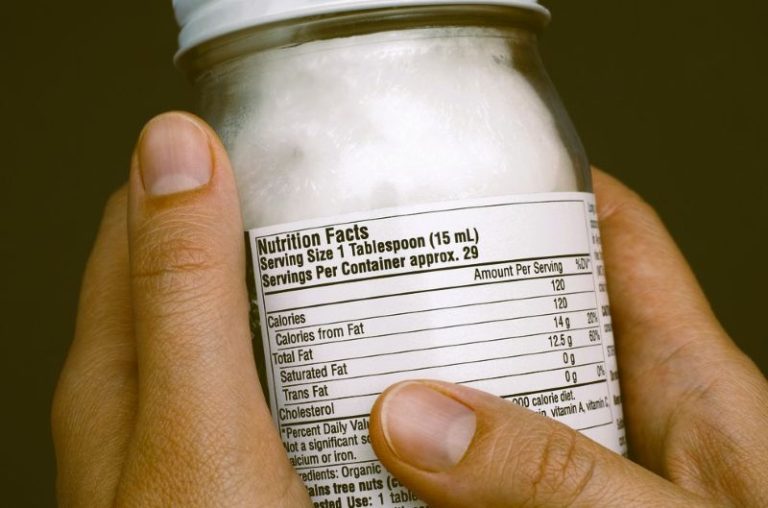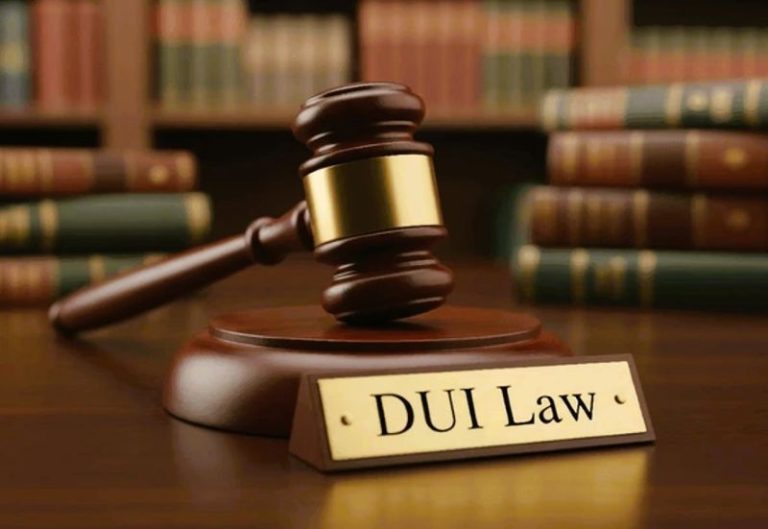

Ridesharing services such as Uber and Lyft have become increasingly popular in recent years. While these services provide a convenient means of transportation, they also raise questions about liability in the event of an accident. If you’ve been involved in a rideshare accident, it’s important to understand your legal rights and options. Different states have different requirements and responsibilities. How much uninsured motorist coverage do I need in Florida?
The Basics of Rideshare Accidents
You’re participating in a commercial transaction using a ridesharing service like Uber or Lyft. As such, different rules apply regarding liability for accidents–something that an Uber accident injury advocate is deeply concerned about.
In general, there are three key parties involved in any rideshare accident:
- The driver
- The passenger(s)
- Any other drivers or pedestrians who may have been involved
Determining Fault
Determining who was at fault is one of the most challenging aspects of any car accident. This can be even more difficult when dealing with rideshare/taxi accidents.
For example, if the driver was charged with a DUI in Tulsa, the legal implications could significantly impact the case.
Some complicating factors include:
– Who was driving at the time of the accident?
– Was the driver on their way to pick up a passenger? Were they actively transporting anyone?
– Did external factors (e.g., weather or road conditions) contribute to the crash?
Determining fault may involve complex legal analysis and evidence gathering depending on the circumstances.
Insurance Coverage for Rideshare Drivers
Another crucial factor for consideration is insurance coverage. Many personal auto insurance policies exclude coverage for a commercial activity like driving for a ridesharing service. Most companies provide insurance that can cover drivers while carrying passengers. Still, it’s also worth noting that not all companies’ policies cover drivers during trips where no passengers are present – like when they are en route to pick them up.
However, each company’s policy varies, so it’s important to check what level of protection is granted by your policy and your preferred provider before signing up/using ride-hailing services. You’ll need reassurance that should you be involved in an accident, your rights and the extent of coverage to include passengers and third-party drivers are well understood.
What to Do After a Rideshare Accident
If you’ve been involved in a rideshare accident, there are several steps you can take to protect yourself and your legal interests:
- Call the police: Always call 911 after any motor vehicle crash involving potential injuries or property damage—no matter how minor it may seem.
- Gather information: Take photos of the scene, get the drivers’ names, contact information for third parties involved, and all their vehicle’s license plates, among other necessary details.
- Seek medical attention: Even if you feel fine after an accident, it’s important to see a doctor as soon as possible—and certainly within 24 hours—to rule out any internal injuries or other complications that won’t necessarily become apparent until much later.
- Contacting lawyers. In some cases, getting an attorney specializing in rideshare accidents will help ensure that someone protects your legal interests at every step.
Navigating Legal Protections & Rights
Understanding what types of legal protection and compensation might be available to you following a rideshare accident is also important.
Personal Injury Protection (PIP)
Personal Injury Protection (PIP) laws can apply when individuals use their insurance policy and when claims are made directly against providers such as Uber/Lyft, et cetera. This means beneficiaries qualify regardless of who was at fault for causing them injury or property damage.
Damages Awards
Where negligence on the part of either party causes losses such as medical expenses/lost income, future financial burden, etc., damages awards allow victims compensation for lost wages and costs incurred due to treatment-related physical expenditures, amongst others, which vary by state but someone dealing with such matters should team up with specialized attorneys who can assist in bringing action against negligent parties appropriately.
Uninsured/Underinsured Motorist Coverage (UM/UIM)
Uninsured/underinsured motorist coverage provides protection should you get into an accident with an individual lacking insurance or carrying insufficient coverage in the jurisdiction where this occurs. If you find yourself dealing with such matters, representations by experienced lawyers/specialists are key to ensuring that all liable party/parties are held fully accountable. Rideshare accidents can be quite complex, but it’s always worth taking your time to carefully examine and understand any options available for legal recourse to recover your losses while protecting your financial interests.
Conclusion
It’s important not to underestimate the potential challenges of sorting out liability and compensation in a rideshare accident, whether recovering from injuries suffered as a passenger or any other affected third party (driver, absent passengers, even pedestrians). However, partnering with experienced attorneys can provide the necessary support to navigate this complicated landscape so one can emerge victorious, whether through settlements, trial verdicts, or smarter financial settlements achieved outside courts of law.


